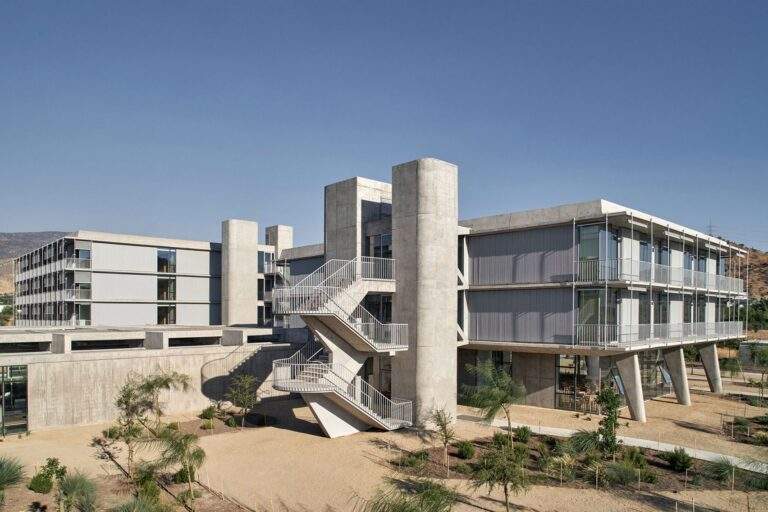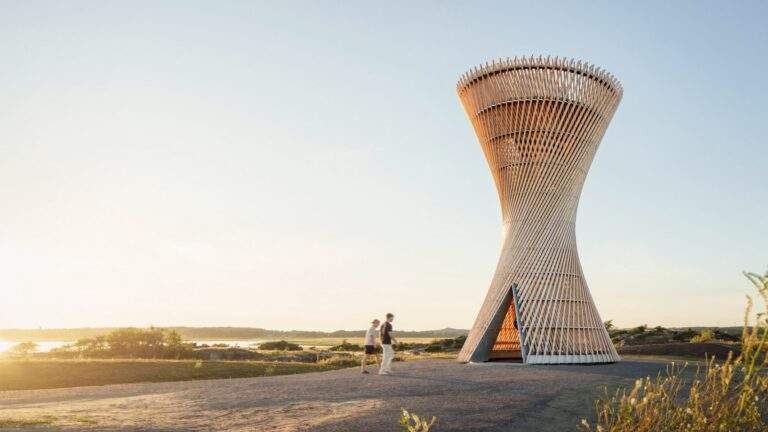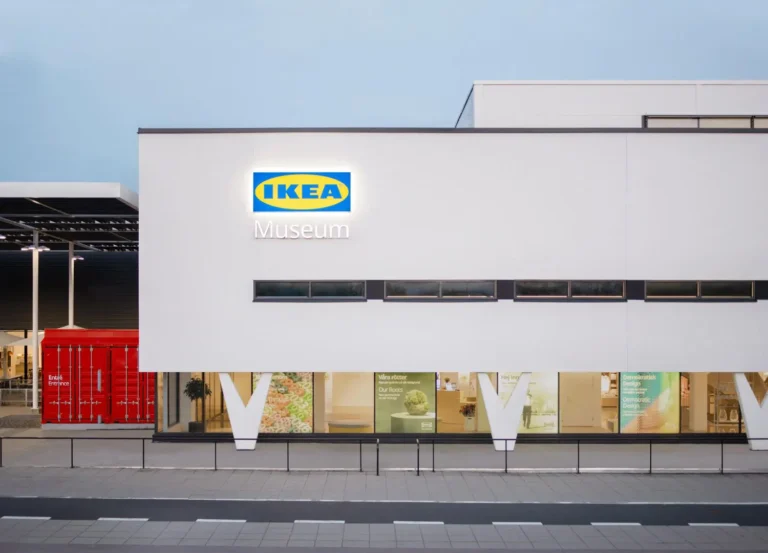Top 6 Modern Architecture Homes Around the World
Modern architecture continues to dominate residential design, offering a balance between aesthetics and functionality. In this article, we explore six of the most inspiring modern homes from different parts of the world. These houses reflect innovative use of space, materials, and environmental integration.
We will review each house individually, focusing on its location, key design features, how it blends interior and exterior spaces, and a brief analysis of its strengths and potential drawbacks.

1. Guazuma House – Tabasco, Mexico
The Guazuma House is a perfect example of minimalist modern architecture. Located in Tabasco, Mexico, it creates a strong connection between indoor and outdoor spaces through its open layout.
Design Features:
- Sliding doors that integrate the inside with the outside.
- Pavilion-style structure that enhances openness.
- Abundant natural lighting.
- Use of simple, locally sourced materials.
Quote:
“The house reflects how simplicity can be both beautiful and functional.” – aec cafe
ArchUp Opinion:
This home is ideal for warm climates where indoor-outdoor living is possible year-round. However, it may not be practical in harsher weather conditions without additional climate control systems.

2. Nook Residence – Mansonville, Canada
Located in the snowy region of Mansonville, Canada, this white-painted two-story house blends seamlessly into its winter environment.
Design Features:
- White continuous façade that matches the snowy surroundings.
- Minimalist design focused on function over decoration.
- Advanced thermal insulation techniques.
ArchUp Opinion:
The clean aesthetic is visually striking, especially in snowy settings. However, maintaining the pristine white finish might require frequent upkeep in dusty or humid environments.

3. Gaze In Obu – Japan
Japan is known for its efficient small-space designs, and Gaze In Obu exemplifies this principle.
Design Features:
| Floor | Features |
|---|---|
| Ground | Fully glazed with a steel frame |
| Upper Floors | Opaque blocks providing privacy |
- Compact vertical design suitable for limited land areas.
- Smart use of vertical space.
- Contemporary look reflecting local architectural identity.
Additional Source:
“Japanese modern homes emphasize efficiency and clever use of narrow spaces.” – [e-architect.co.uk]
ArchUp Opinion:
This design works well in densely populated cities, but the lack of visible outdoor space might affect long-term psychological comfort.
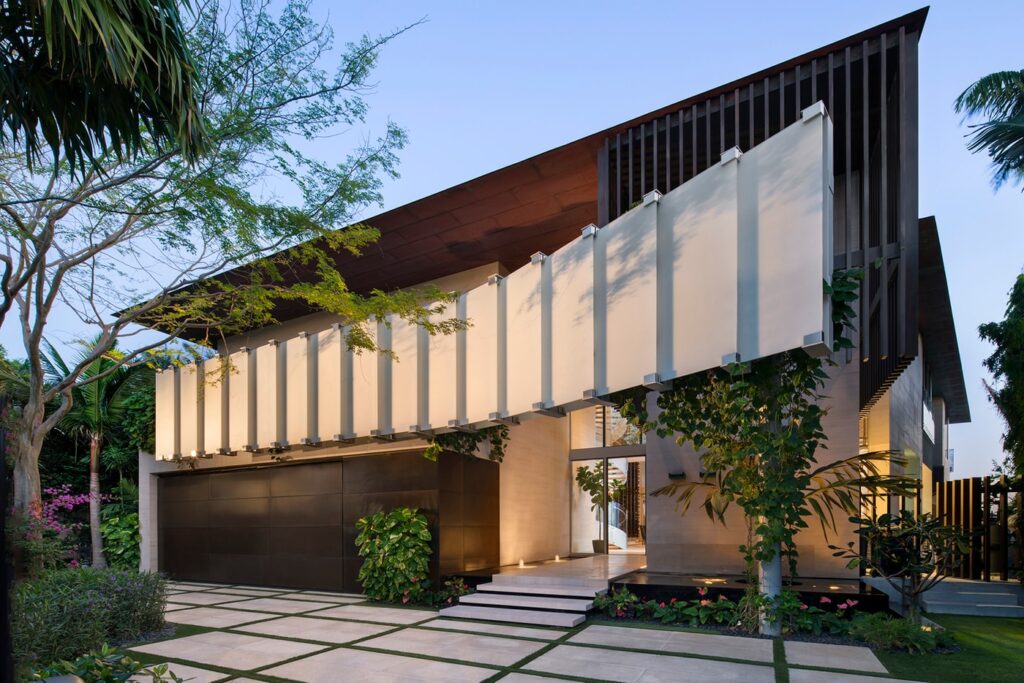
4. Dilido House – Miami, USA
Situated along the beachfront in Miami, Florida, Dilido House offers a resort-like feel with lush greenery surrounding the structure.
Design Features:
- Two-story layout.
- Resort-inspired design.
- Vegetation around the building for a natural ambiance.
- Stunning ocean views.
ArchUp Opinion:
While visually stunning, this type of coastal design requires high maintenance due to humidity and salt exposure, making it less suitable for all locations.
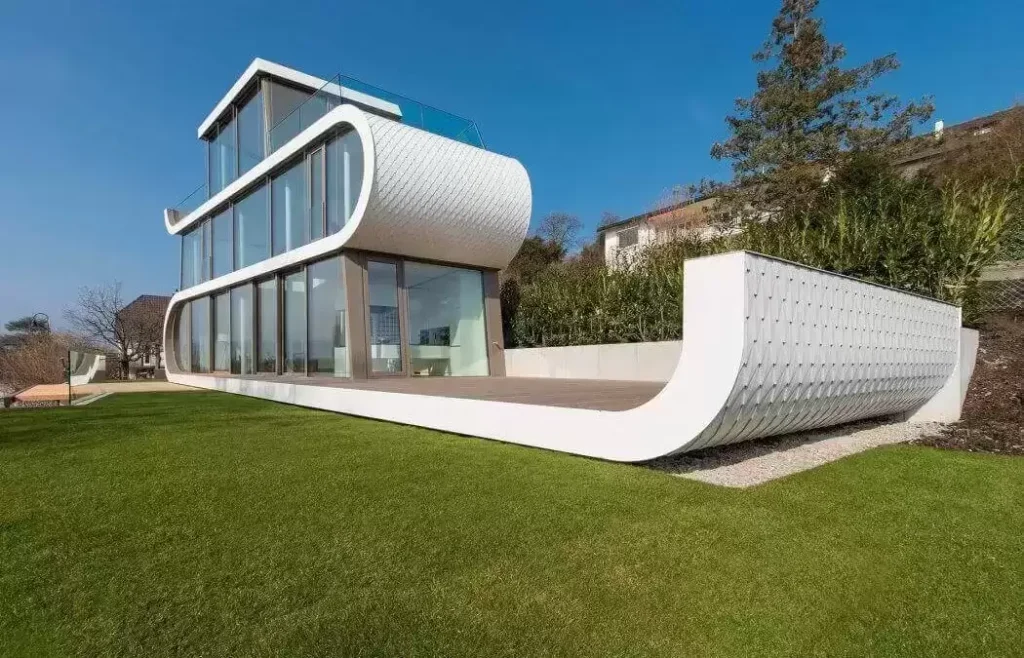
5. Flexhouse – Switzerland
Known for its curved lines and three-story structure, Flexhouse represents innovation in material use and form.
Design Features:
- Three-story compact layout.
- Curved lines giving a unique appearance.
- Lightweight yet durable materials.
- Suitable for small families.
ArchUp Opinion:
The design is creative and modern, but the curved forms may impact the efficiency of internal space planning.

6. Pilotis House – Japan
This house is characterized by its tilted cross-like shape and pilotis-style columns that lift the structure off the ground.
Design Features:
- Non-traditional structural form.
- Lightweight and cost-effective construction.
- Creative use of stilts in urban settings.
ArchUp Opinion:
Visually appealing, but not very practical for large families and lacks open living areas.
ArchUp Analysis: General Overview
Overall, these homes demonstrate how Modern architecture homes can adapt to different cultural and geographical contexts. However, there is always a necessary balance between aesthetics and function, as well as between innovation and cost.
- Most Practical Designs: Guazuma House and Flexhouse.
- Most Innovative Designs: Pilotis House and Gaze In Obu.
- Best Integration with Nature: Dilido House.
Frequently Asked Questions (FAQ)
| Question | Answer |
|---|---|
| Is modern architecture suitable for all climates? | Yes, but the design should be adapted to suit local weather conditions. |
| What is the most important element in modern home design? | Simplicity, natural lighting, and integrated space planning. |
| Is modern architecture more expensive? | It can be, due to advanced materials and technologies, but not always. |
| Can these designs be applied in Arab cities? | Yes, with minor modifications to suit local climate and culture. |
Summary Table
| House | Location | Key Features | Potential Drawbacks |
|---|---|---|---|
| Guazuma House | Mexico | Nature integration, sliding doors | Not ideal for extreme heat |
| Nook Residence | Canada | Simple white design, good insulation | Requires regular exterior maintenance |
| Gaze In Obu | Japan | Compact, vertical use | Limited outdoor space |
| Dilido House | USA | Beachside luxury, greenery | High maintenance near saltwater |
| Flexhouse | Switzerland | Curved lines, three floors | May reduce usable interior space |
| Pilotis House | Japan | Unique stilts-based design | Not family-friendly, limited openness |



